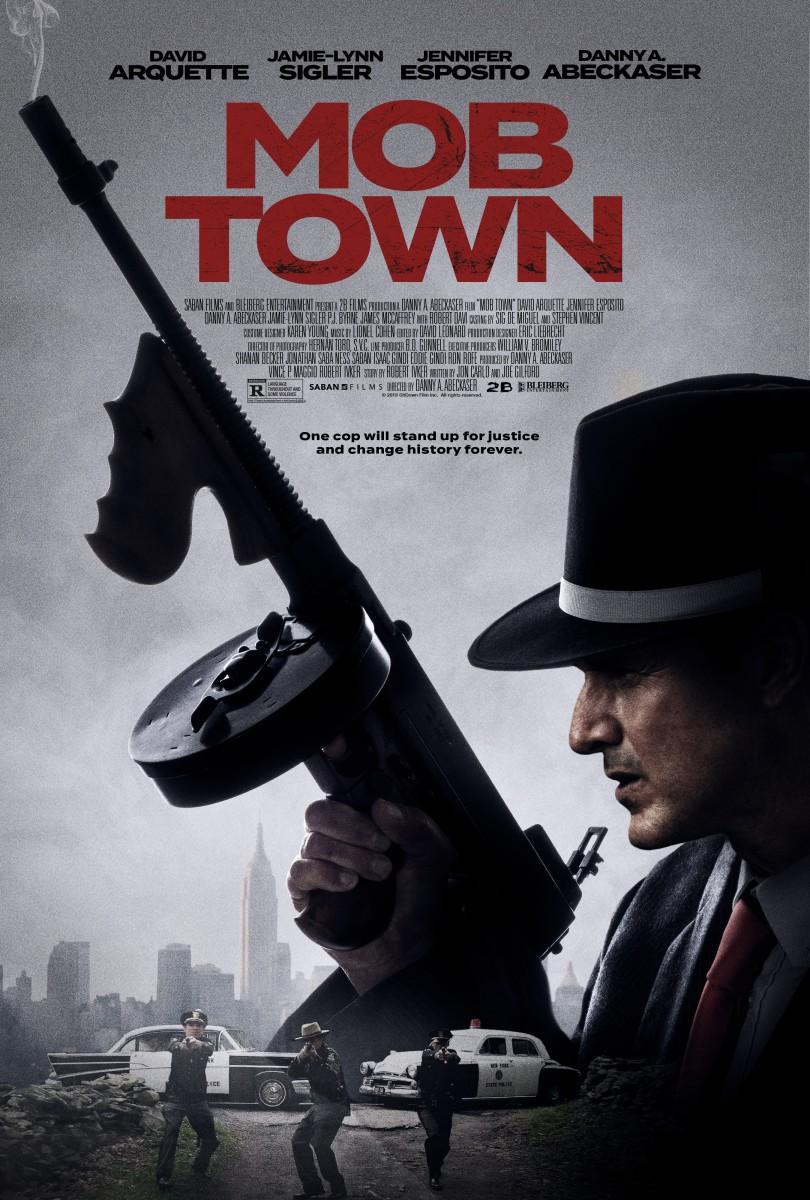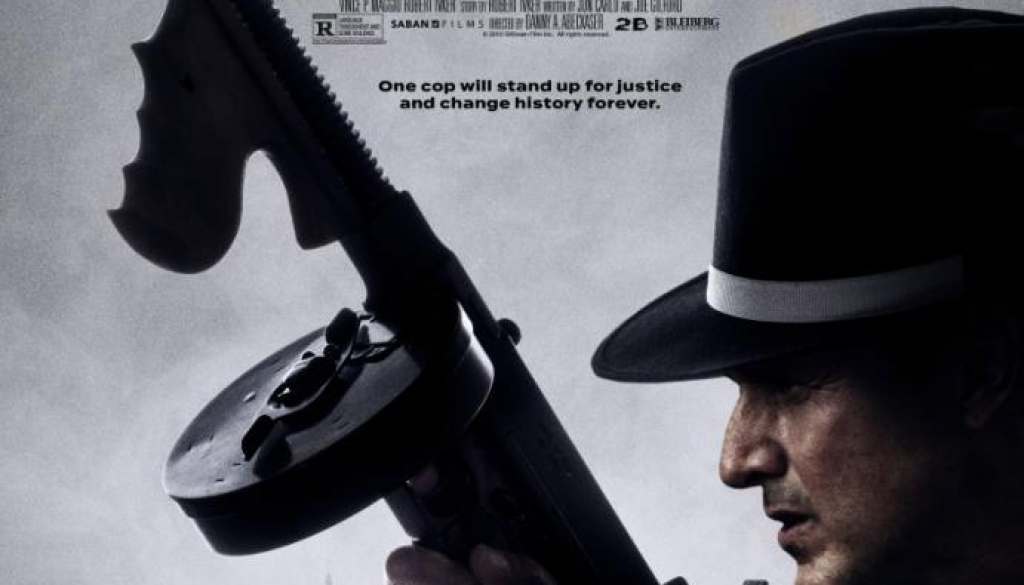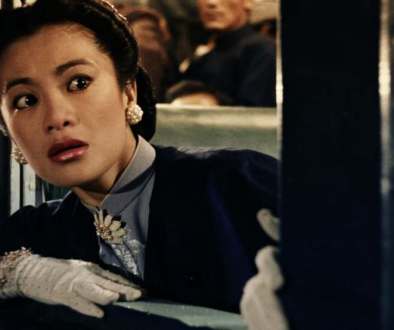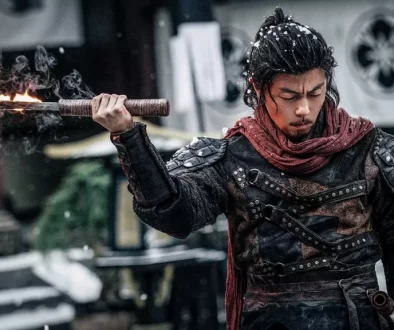MOB TOWN Review: A Lean, Redemptive Potboiler Crime Drama
Actor and filmmaker Danny A. Abeckaser follows up his 2018 directorial debut on First We Take Brooklyn, with a ripped-from-the-headlines gangster tale of retribution and redemption in Saban Films’ upcoming release, Mob Town.
A late evening traffic stop and a subsequent habeus corpus order offset the events of one Ed Croswell (David Arquette), a suburban State Trooper in Apalachin, diminished to desk duty in the wake of the Mafia’s rise and its courrupt auspices. Ten years after exile in Italy, mob boss Vito Genovese (Robert Davi) is back in the U.S. to claim his seat at the throne, leading to the murder of boss Albert Anastasia and attempted murder of Frank Costello.
The incidents ensue a treacherous, maverick investigation of the American mafia by Croswell, with his attention now turned to the goings-on of mob associated Joe Barbara (Abeckaser), whose grand-scale mansion in Apalachin, is about to become the Mecca for all the mafia chieftains around the country.
Frustratingly, despite his discernible observations of Barbara’s actions and the pattern in which they shapen, Croswell’s lack of hard evidence will compel him to go above and beyond the call of duty and law enforcement politics to potentially enact a milestone raid of the American mob.
The nearly-botched action leads to more than sixty arrests and some convictions, all of which were overturned, as history notes. More importantly is the acclaim and recognition Croswell earns as a result of his efforts.
Penned by Jon Carlo and Joe Gilford, Mob Town presents a depiction of one of the most notable chapters in history, backed fervently by its impressive cast and key performances from the likes of Arquette and Davi. Abeckaser holds his own as the elusive Joe Barbara opposite wife Josephine, played by Jamie-Lynn Sigler.
Jennifer Esposito weighs in with a requisite role as Natalie, a single mother of three whose husband once served on the force next to Croswell, and a romance eventually blooms, as one may expect. The production itself is a smartly-assembled bit of film fare by way of its set-pieces, along with certain clips of footage that further foundates the film’s setting as a true period piece.

Abeckaser invokes a deeply-rooted intellect about how to translate such a biopictoral framework. The accomplishment is not without its dimensions either, as particuarly shown in the trevails of the marriage between Joe and Josephine, as well as that of Ed, Natalie and her children; There’s an air of levity and care in establishing these relationships that is reassuring throughout while paying close attention to Croswell’s endeavors.
The film’s successes are also not without a small nod to its messaging within the first act – a scene in which Mike, a consultant to Genovese, in the midst of their conspiring, dishes out a conventional, almost omnious saying, in both Italian and then English: “What goes around, come around.”. This speaks fervently to the kind of grandiose and bluster of mob mentality that precedes the undoing written and recorded plentily throughout history.
Small in scale and produced with a clear vision and understanding, viewers get a crime drama in Mob Town that chews up the scenery with grit and period charm while casting a teachable spotlight on America’s history in law enforcement. Backed by a solid cast and with Davi in a considerably guaranteeable performance that gives the film its underlining validity, Mob Town delivers a nimble, well-acted crime drama that not only entertains, but also adds promisingly to Abeckaser’s resumé.
Native New Yorker. Been writing for a long time now, and I enjoy what I do. Be nice to me!




